Book Review: The Boy and the Mountain by Torbjørn Ekelund
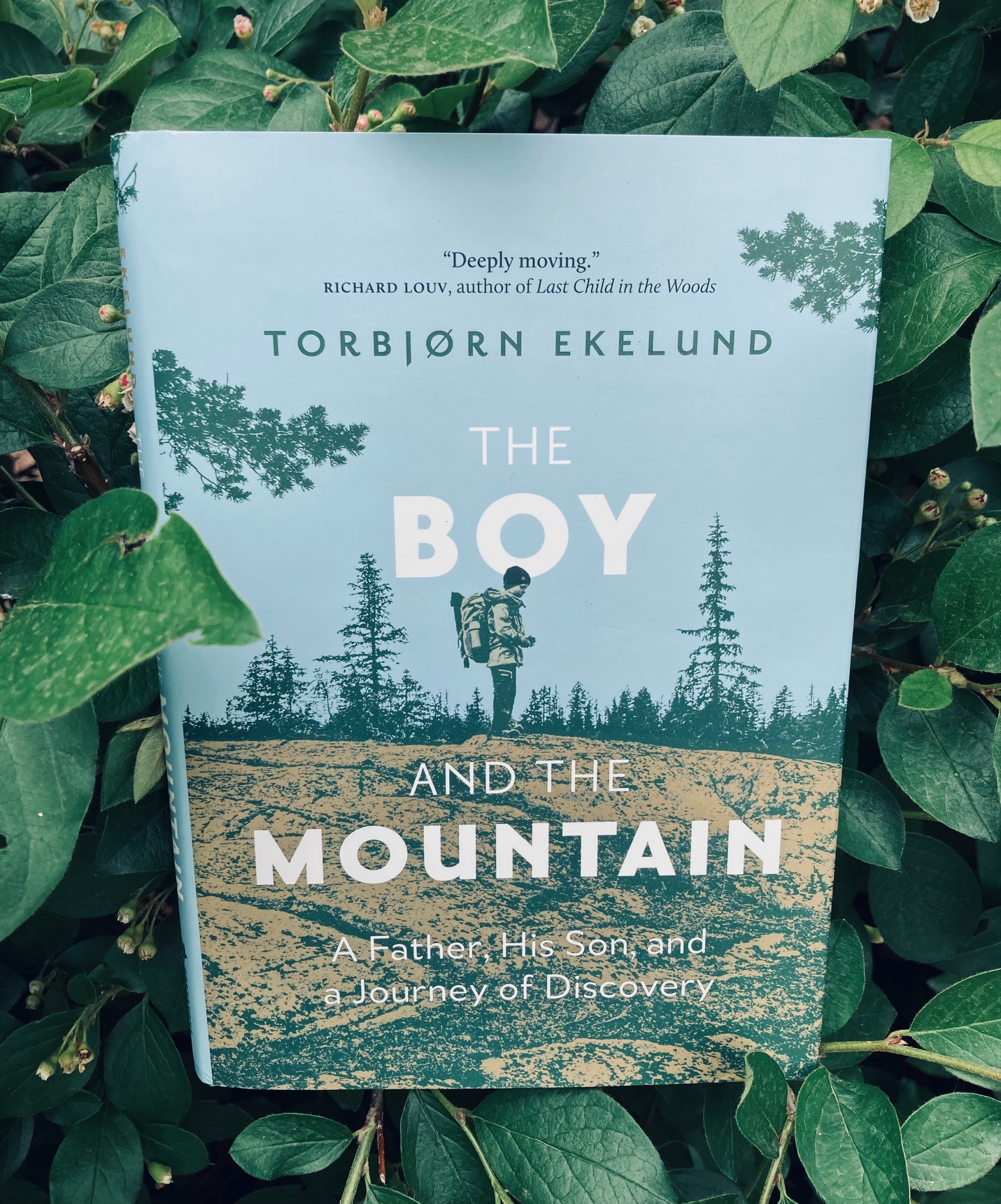
In honour of Father’s Day this month, I’m reading and reviewing books that feature father figures for my upcoming radio segment. The Boy and the Mountain; A Father, His Son, and a Journey of Discovery by Torbjørn Ekelund and translated by Becky L. Crook fit the bill perfectly. It’s a slim work of non-fiction that follows a young father on a short backpacking trip with his 7-year-old son, with a mix of philosophy, memoir, parenting journal and nature diary. Coming in at a modest 126 pages, it’s very little commitment for readers unsure if this is the book for them.
Book Summary
Ekelund has won a few awards for his nature writing in the past, so it was natural to begin including his kids on his outdoor adventures. His son August is excited to join him on this journey up the Styggemann mountain, a one day hike for most adults, but a multiple day journey for a child. There are no set plans or daily walk minimums, Ekelund has told August that he can take the route he prefers, and it will take as long as it takes. They have all they need on their backs, and they set off with promises to August’s mother that they will check in once a day with a satellite phone. Unfortunately a rain storm hits, and they are stuck in their tent for two nights in a downpour, which never helps the already flagging motivation of a young kid, but the trip is salvaged. What elevated this story was the fact that Ekelund was also following in the footsteps of Hans, a 6-year-old boy who disappeared over a hundred years ago in the same area, which is a mystery he explores further as he details this journey with his son. A mix of fact and assumptions about Hans’s ill-fated walk is interspersed with the modern-day trek of Ekelund and his son, offerings readers an engaging tale that augments an already compelling book.
My Thoughts
I was initially surprised at how philosophical this book turned out to be, although if I think back to where my mind wanders when I’m outdoors hiking, it often expands to incorporate things outside of myself, so the philosophy truly is a natural segue in these recollections. These musings expand even further to incorporate Ekelund’s questions around his son’s experience of the forest around him:
“August sits in the heather. He is digging with a stick in the soft bog. He appears consumed by this activity. I don’t know what it is he hopes to accomplish, and I don’t even know if he knows. I ask if he thinks life is simple or hard. I have to repeat the question three times before he lifts his head.
‘Do you think life is simple or hard?’ I ask.
‘Simple,’ answers August and keeps digging.”
-p. 100 of The Boy and the Mountain by Torbjørn Ekelund
What I love about nature is that it has this effortless way of slicing away all the little things in your life; the worries, stressors and niggling complaints all seem to fall away when faced with a breathtaking mountain view or a quiet deer nibbling at some grass. Reading this book was a reminder of why I love being outside with my family, which is a sentiment the author echoes as he covers miles of trail with his son.
The research on the disappearance of Hans in 1894 grounds the book, preventing it from coming too sentimental while breaking up the monotony of the hiking as well. Ekelund (wisely) does not immediately tell August about this boy, instead choosing to bring it up towards the end of the hike when the finish line is near. They don’t follow in this boy’s footsteps, but it’s impossible to not draw parallels between August and Hans, them being so similar in age. As any parent would, Ekelund frequently dwells on Hans’s last hours of life, fretting over his last thoughts, whether he missed his parents, if he felt hopeless, etc. It may seem like a macabre comparison, but Ekelund didn’t write this book to be suspenseful or even scary, instead, his focus remains on nature: its power, and its demand for respect.

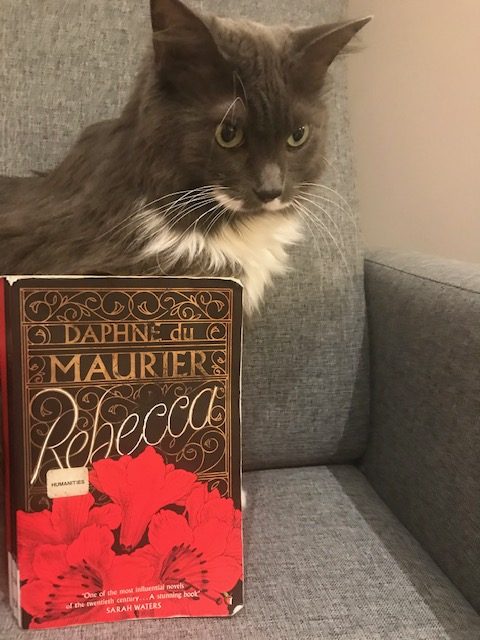
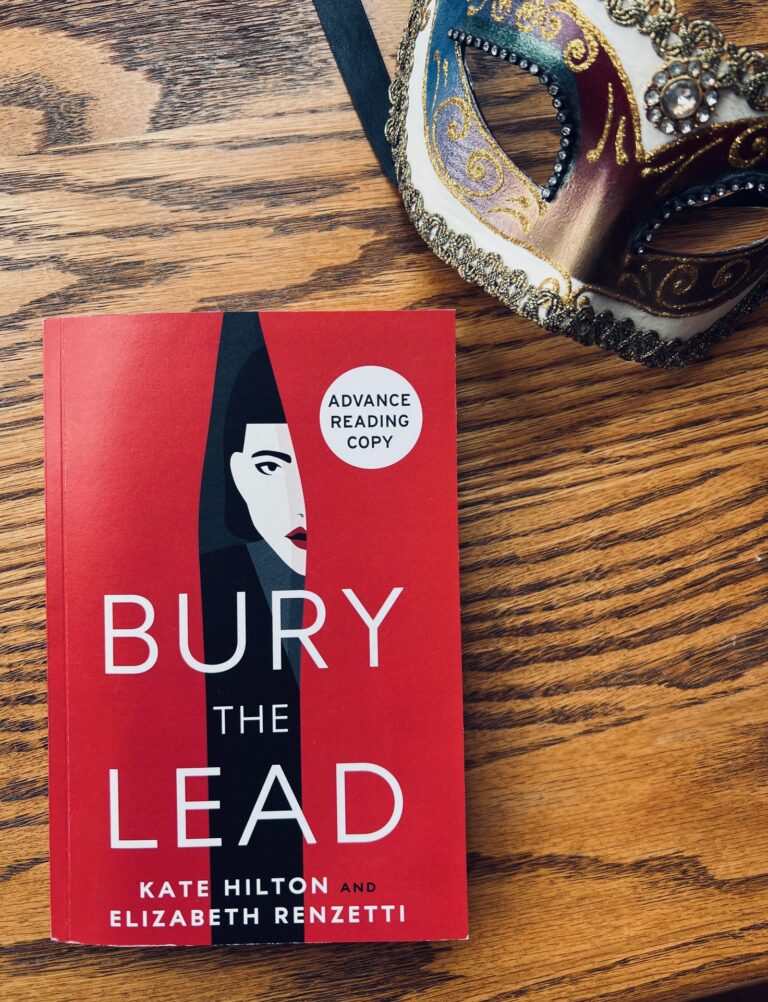
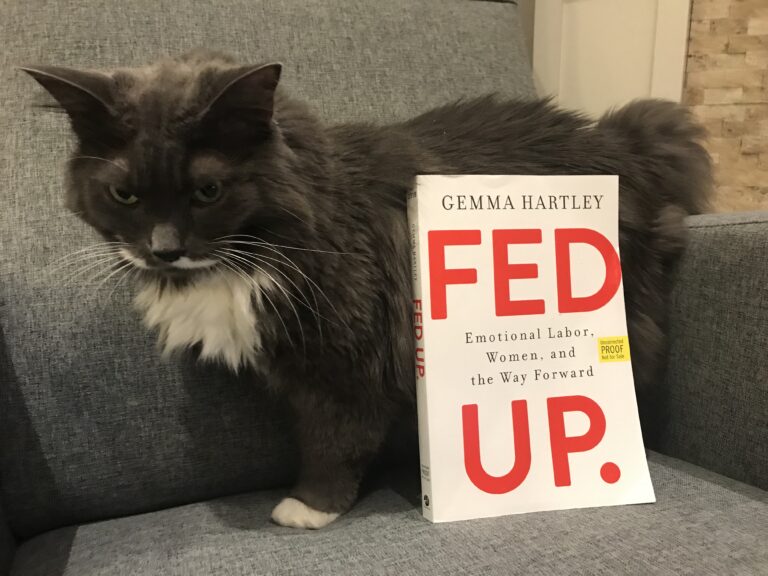
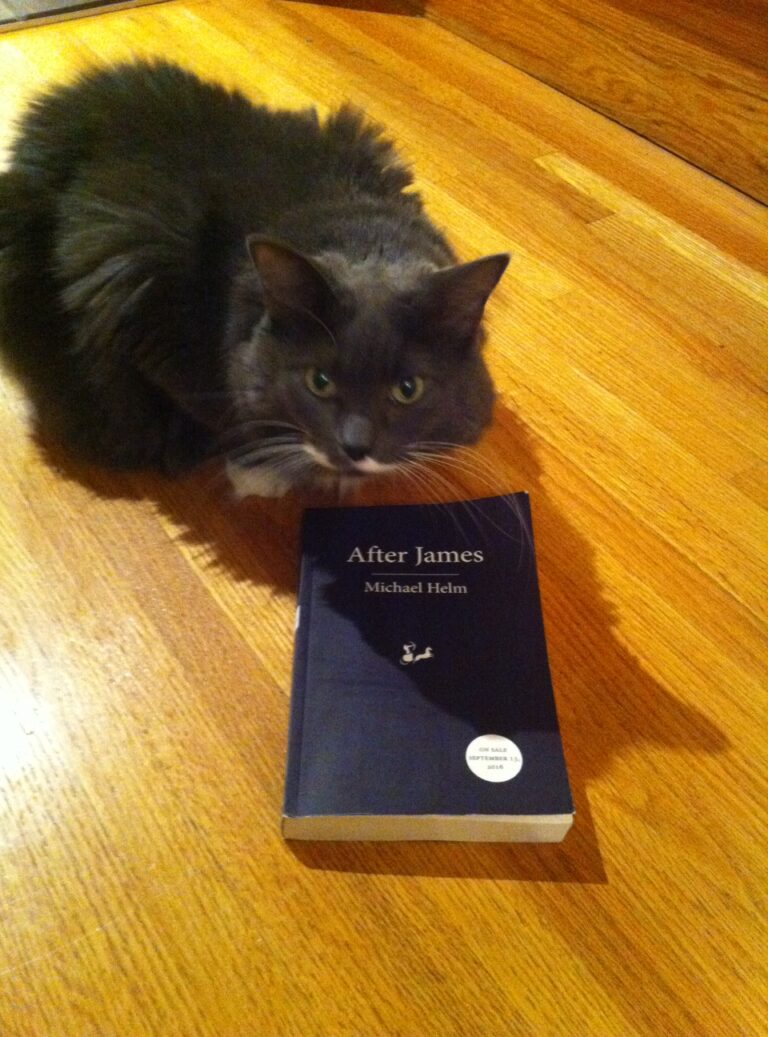
I really like when a journalistic kind of story is interspersed with person stories, or a personal memoir mixed in with something more journalistic. In that book about the kid who sold all his stuff and decided to live off the land, but died of starvation in a rusted out school bus only a couple of miles from other people — Chris McCandless was his name — the author also wrote about how he nearly died when he was mountain climbing (he covers the actual story in another book that is about the attempts people make to climb mountains). It broke up the timeline of this goofball who thought he could just read a map and live on his own.
it’s a really smart way to tell a story indeed
This sounds pretty fascinating. My husband has started doing longer over night hiking trips with our kids so this could be up his alley.
My husband (who never reads) read this book in one night – he loved it
I would probably cry reading this.
haha it’s actually not too sad though Laila, I should have said that. It’s more of a mystery, but I never felt really sad or forlorn during it.
Sounds like a perfect gift for a young father.
it really is!